Germany, under the Nazi leadership of Adolf Hitler, pursued a vigorous nationalistic internal rebuilding programme and an aggressive, militarist foreign policy in the 1930s which played a leading role in causing the outbreak of the Second World War in September 1939. The German Third Reich conquered large swathes of Europe until the Western Allies Airborne and amphibious D-Day invasion of Normandy on 6 June 1944, combined with the Russian Eastern Allies Operation Bagration, heralded the beginning of the long road to the end of the war against Germany, finally confirmed on 8 May 1945.
The defeated German state was crippled by the severity of the Versailles Treaty of 1919 which ended the 'Great War' of 1914-18. The German government had to accept massive reparation payments to the Allied victors, a contentious admission of 'war guilt', significant losses of territory at home and abroad, and swingeing demilitarisation. At the time, many Germans were embarrassed and angered by the perceived capitulation of the German representatives at the Treaty. This sentiment was later exploited by nationalists in the following decades.
The Weimar Republic of Germany (a new democratic political model also imposed by the Treaty) which lurched through a series of financial and civil crises, including the hyperinflation of 1923 which saw the printing of a 100 Trillion Mark banknote, was especially vulnerable to the dramatic worldwide economic hardships following the Wall Street Crash of 1929. By 1930 mass unemployment, dramatic hyper-inflation and the flaws in the fledgling Weimar political system created an environment where an increasingly desperate population sought hope in the charismatic leadership, aggressive patriotic nationalism of Fascist organisations, against a backdrop of racial scapegoating and fear of communist take over, to rebuild Germany.
When Adolf Hitler, the leader of ascendant National Socialist German Workers' Party (commonly Nazi Party) was granted power by President Hindenburg as Reich Chancellor in January 1933 after the failure to handle the financial crisis had overwhelmed the discredited politicians of the Republic, the Nazi Party assumed a mandate to return the German state to a major industrial, military and political power in Europe. A dramatic industrial expansion, public works programme focussed on rearmament and 'lebensraum' announced the era of the so-called Third Reich.
Initial hesitant appeasement from European states, later epitomised by the efforts of British Prime Minister Neville Chamberlain, borne from the desire to avoid a further catastrophic European war ceded to German rebuilding and rearmament. Growing German military power was demonstrated by their assistance to Franco's fascist forces in mass civilian bombing campaigns during the 1936 Spanish Civil War.
An Anschluss (or annexation) with Austria followed in March 1938. A similar annexation of the 'Germanic' Sudetenland in north-west Czechoslovakia in October followed the Munich Agreement, later that year. As Nazi confidence grew, Hitler was able to order the invasion of Czechoslovakia in March 1939. It soon became clear Hitler's Third Reich intended to capture Poland, and eventually invaded on 1 September 1939. The French and British and Commonwealth nations subsequently declared war on Germany and the Second World War had effectively begun.
After early huge advances into territories of Northern mainland Europe in 1940, the German Third Reich controlled much of Northern Europe and the entire seaboard from Norway in the North, past in Normandy in Western France. The advances which drove back the Allies and prompted the withdrawal from Dunkirk in May-June 1940 during the German Blitzkrieg (Lightning War) combining devastating air-superiority with overwhelming armoured and infantry troops, aided by the German-equivalent Airborne soldiers Fallschirmjäger to secure or neutralise advanced ground targets (in displays which prompted new British Prime Minister, Winston Churchill to call for a British equivalent).
By 1941, German-controlled territories of the Third Reich subdued the majority of Europe, Scandinavia and with their Axis ally in Mussolini's Italy, swathes of the Mediterranean sphere and North Africa, when the start of Operation Barbarossa fatefully drew the resources of the Nazi German Army East to Russia.
The allied victories at the Battles of El Alamein in North Africa and at Stalingrad in Russia, signalled the start of the end for the Third Reich. Engagements with the British 1st Airborne Division in North Africa and later the Mediterranean and North West Europe, 6th Airborne Divisions in North West Europe and 2nd Independent Parachute Brigade in the Mediterranean played a crucial role in the ultimate defeat of the German Reich and its Axis Allies in mainland Europe.
Axis forces during much of these conflicts with British Airborne Forces, were not always exclusively German. Many were supplementary forces from the captured territories of Europe. Although a number were forced as Prisoners of War, others including Austrian, Lithuanian and Ukrainian volunteers served the German Army more willingly. German forces in North Africa were supported by the elements of the local population, and several Balkan nationalities in the eastern Mediterranean conflict zones throughout the second stage of the war.
German forces fought vigorously until the very end of the Second World War. During the latter stages of the conflict, the powerful Russian counter-offensive combined with the US and British-led Allied advances in Western Europe. The ravages of total war alongside crippling Allied 24-hour bombing campaigns helped ferment a financial and administrative crisis within the German war economy which drastically curtailed military equipment, domestic supplies and food shortages.
The German Third Reich was in an increasingly desperate situation in 1945, and after a last desperate stand in Winter 1944-45 fell into full retreat in the Spring, before final surrender in early May 1945.
Victory in Europe (VE) day was celebrated on 8 May 1945.

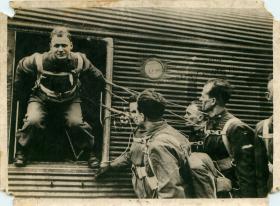

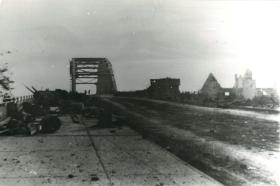
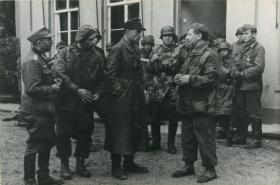
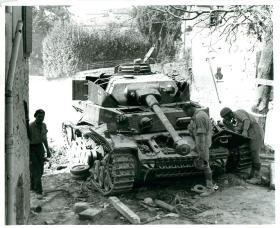
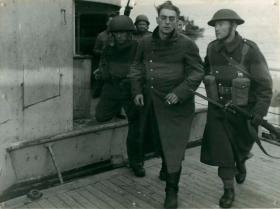



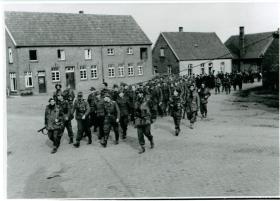
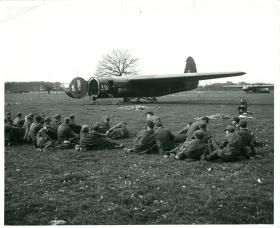
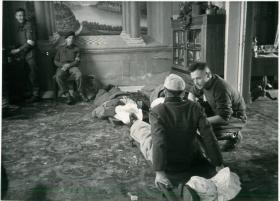
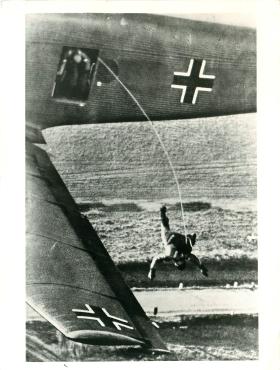
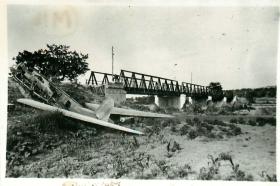
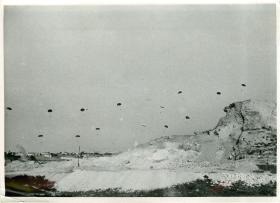

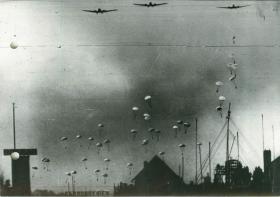
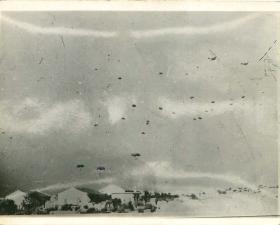
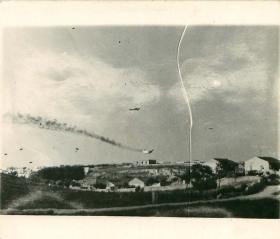
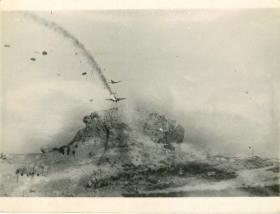
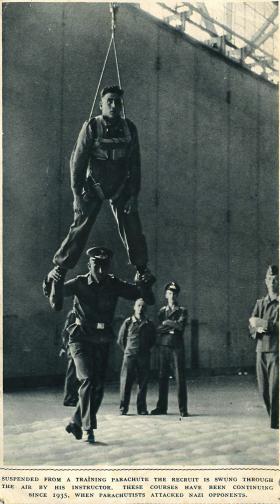
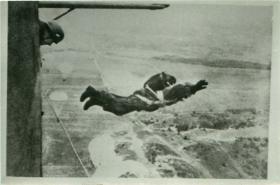
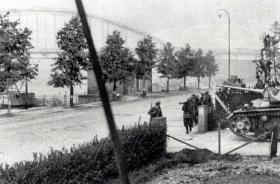
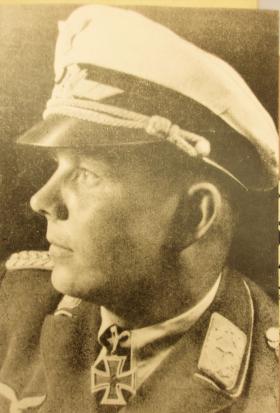
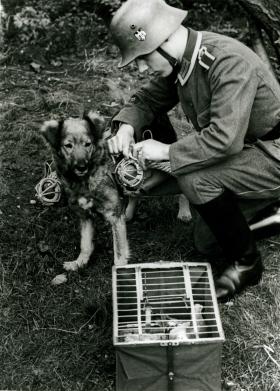
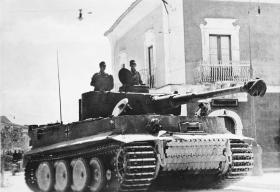

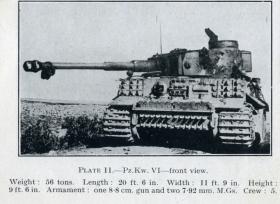
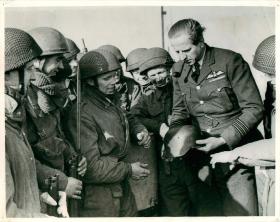
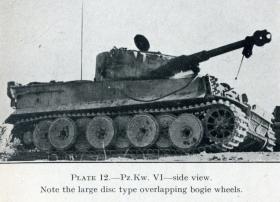


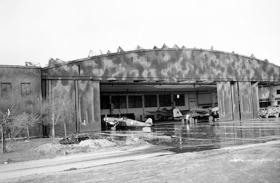



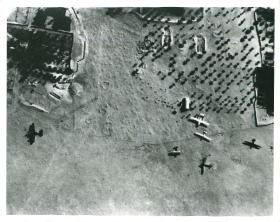
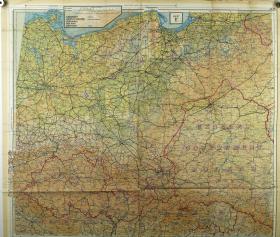
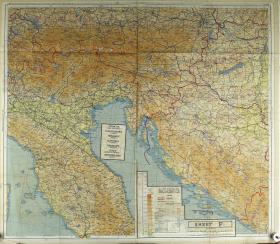
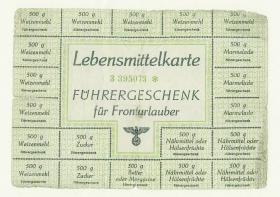
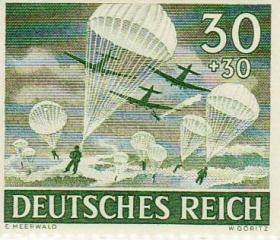
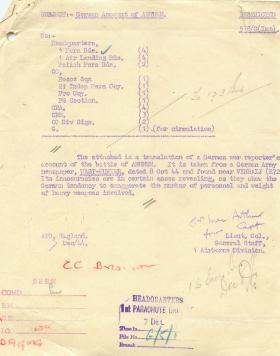
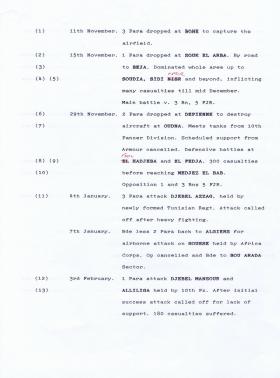
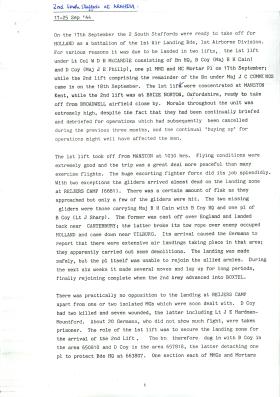
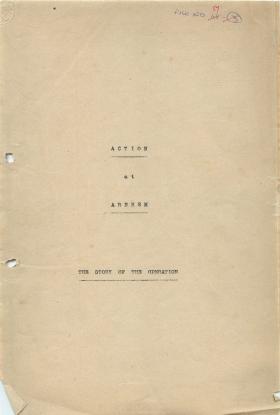
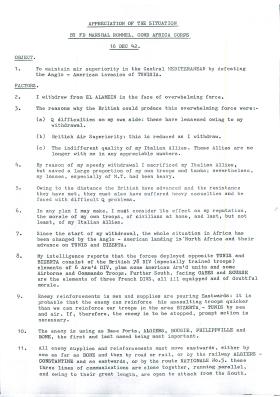
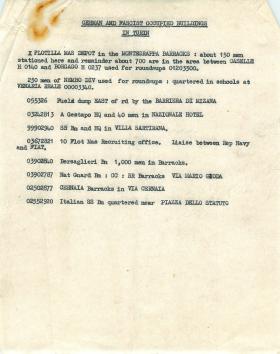
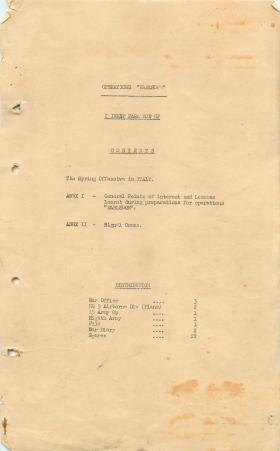
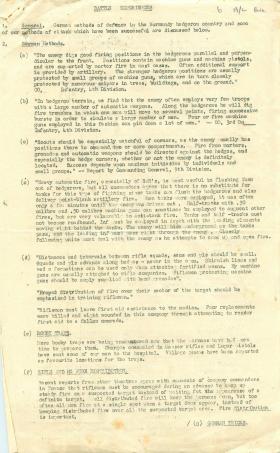
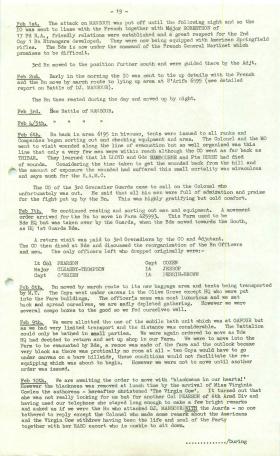
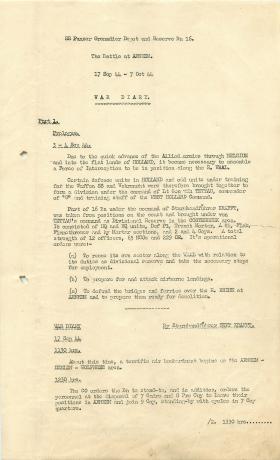
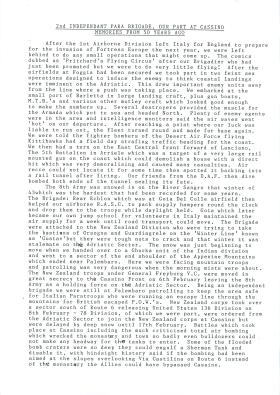
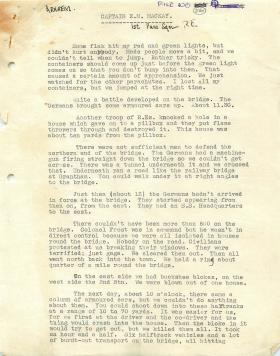
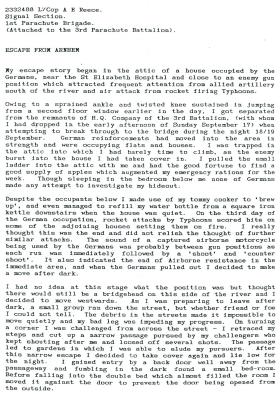
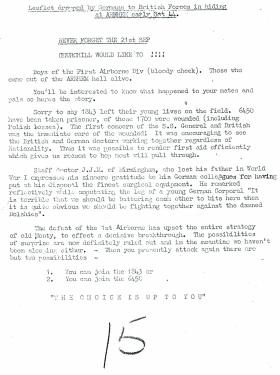
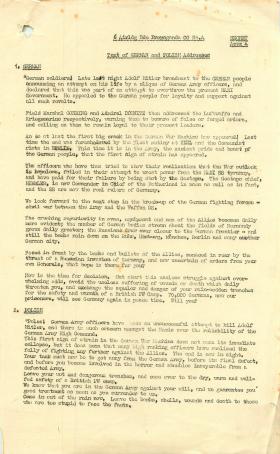
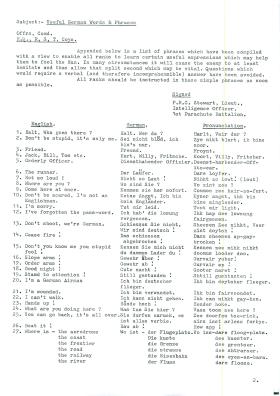
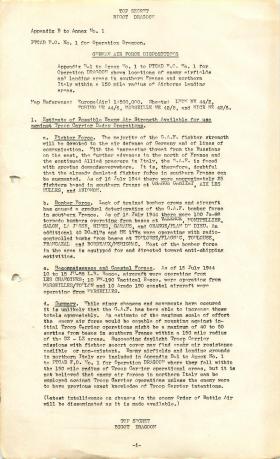
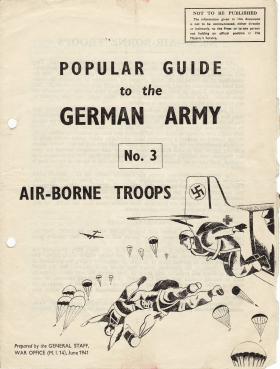
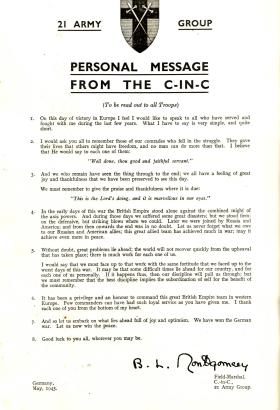





Latest Comments
There are currently no comments for this content.
Add Comment
In order to add comments you must be registered with ParaData.
If you are currently a ParaData member please login.
If you are not currently a ParaData member but wish to get involved please register.